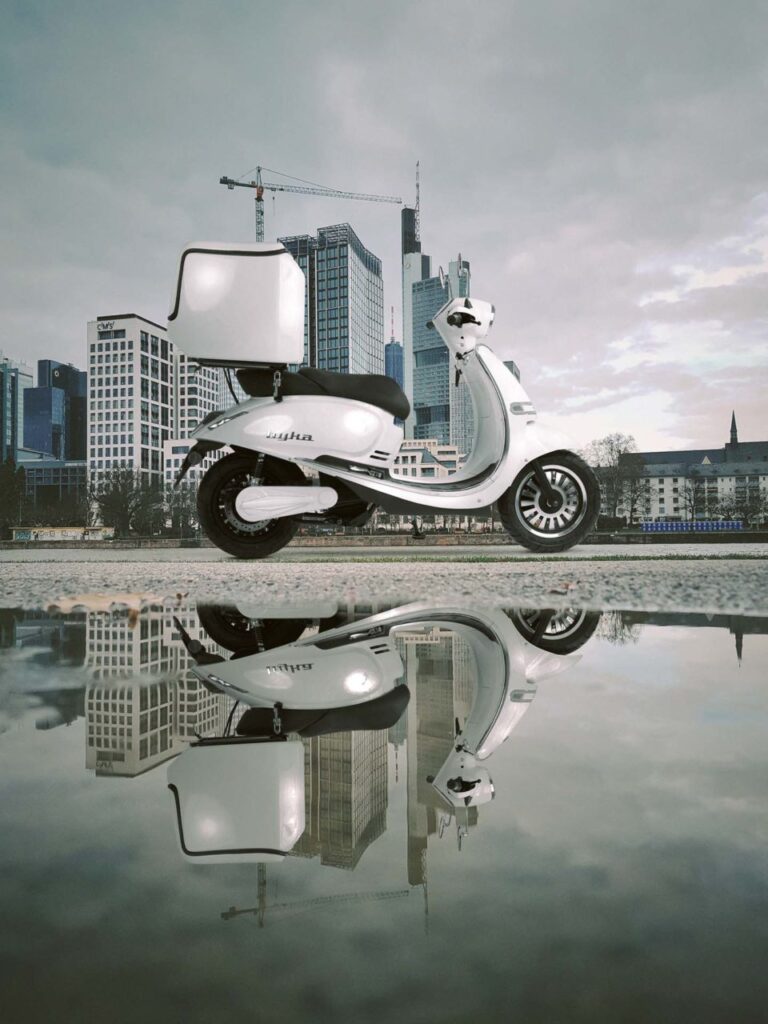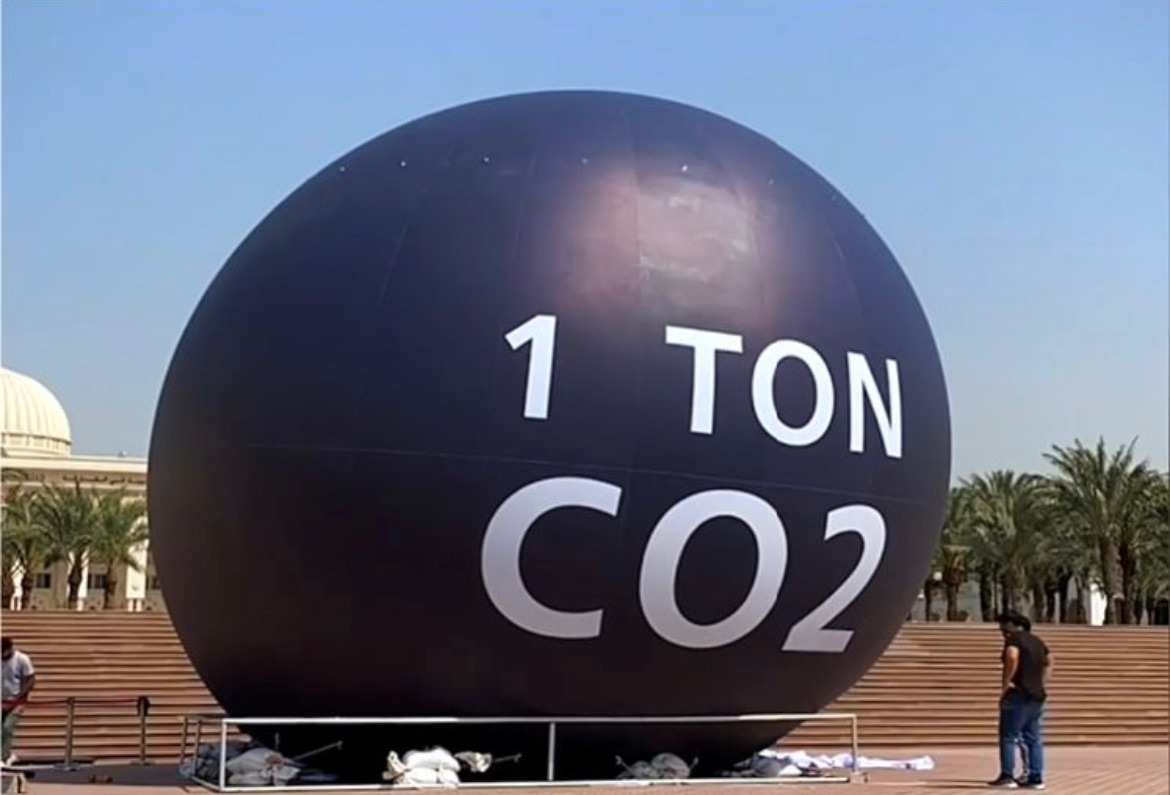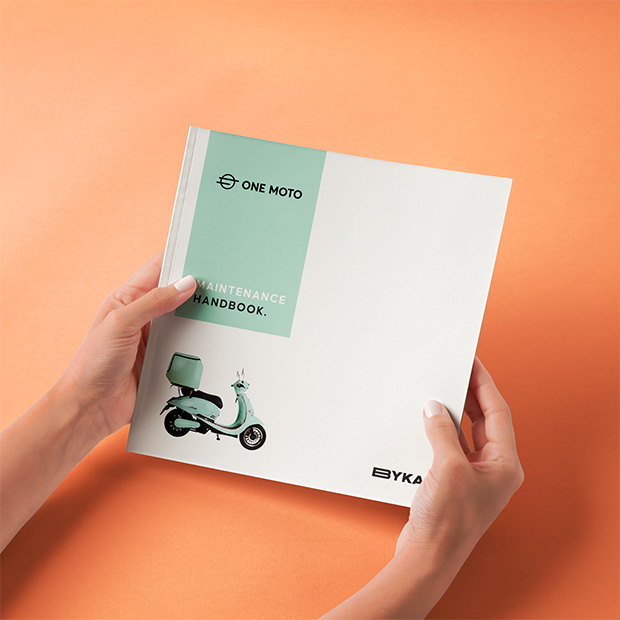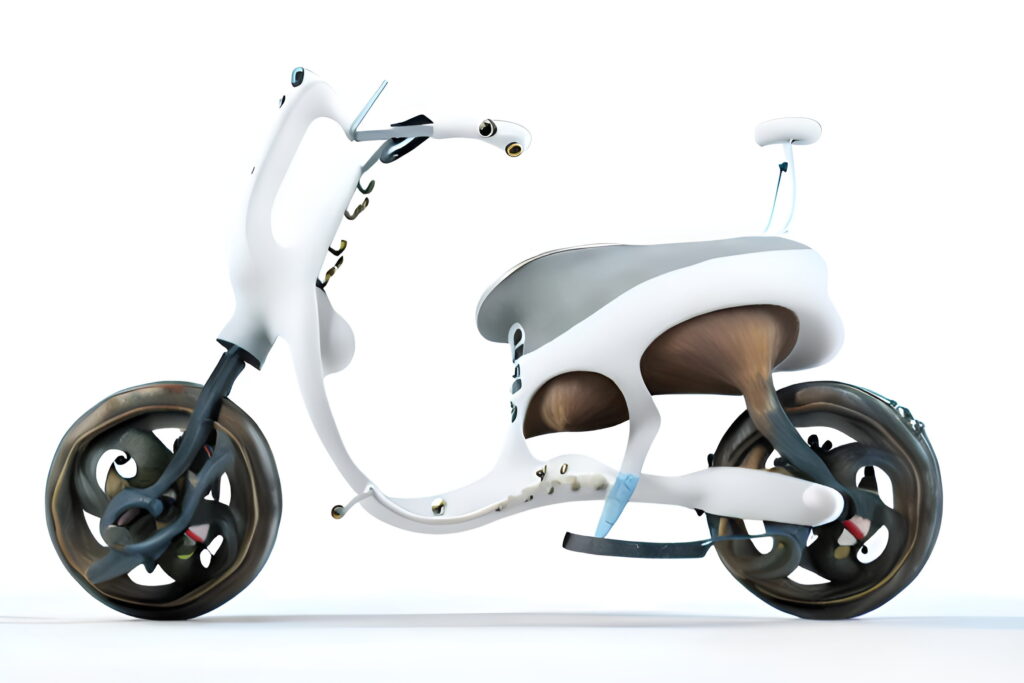In the UAE, this year, we’ve seen five price increases in fuel, which has led to the last-mile, logistics and delivery industry being affected drastically. In this article we talk about delivery riders in the UAE, we break it down to predict a dramatic shift in the operations and the affects to the industry as whole.
In case you are not familiar with the hyper-growth and uber-competitive UAE delivery market, the majority of companies operate with the riders being responsible for paying their own fuel.
Let’s run this scenario:
Since January 2021 fuel price was at AED 1.80 a litre as of today (1st July 2021) this is currently AED 2.35.
The average delivery rider (food delivery aggregators) travels:
* 6,000kms per month
* Refuelling five times per week (partial filling)
Downtime is an additional in-direct cost — which has been calculated at five hours per month, per rider.
In January 2021 these riders were spending AED 3,784 per year.
As of July 2022, they are spending AED 8,998 per year.
If oil prices increase to $100 a barrel as predicted the cost per litre increases the costs further for the delivery riders. With the average rider earning AED 36,000 per year. Is this sustainable?
WHAT COULD THIS MEAN?
- Delivery riders choose not to deliver — it’s not financially viable.
- Operators absorbing the cost of fuel — the industry will crash.
- Restauranteurs boycotting aggregators — already in discussion.
- Aggregators will fold — or we’ll see a consolidation/M&A.

Adopting a reactive response to the defined shortcomings of fuel increases is a disaster. Transport contributes around 40% of the cost of delivery. Not identifying the opportunities now, will surely lead to the demise of many market leaders.
In addition to this, the Roads and Transport Authority (RTA) have suggested adding a AED 1 fee per delivery, with many of the aggregators delivering in excess of 1 million per month, this additional increase could devastate the aggregators, or indeed increase the delivery costs for each of their customers — most likely.
WHAT IS THE SOLUTION?
- Being proactive, switching the operational structure of the business?
- Tech-aggregators owning their fleet, instead of the asset-light approach?
- Work collaboratively with restauranteurs/customers to offer an alternative?
- Choose an alternative mode of fuel based transport?
- Government to subsidise the fuel?!
- Use the impending AED 1 delivery fee to purchase a fleet of EVs?
What would happen to the last-mile delivery sector if the exodus ensues? Is another fuel price increase: the demise of the last-mile industry?
That’s just speaking about the fuel prices and profitability, the harm to the environment from these commercial ICE vehicles is shocking, I’ll save these stats for another entry.
If you’d like to discuss switching your fleet electric (just like Domino’s in France, Zomato’s 2030 commitment and Amazon’s announcement), please reach out and we can show you how switching your fleet will ensure longevity and profitability to this industry. So, is the fuel price increase: the demise of the last-mile industry?
Thank you for reading.
Adam Ridgway
one-moto.com



